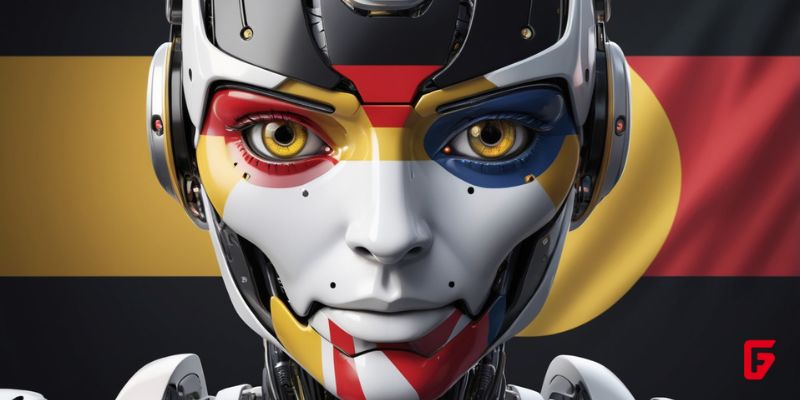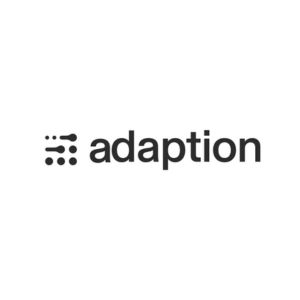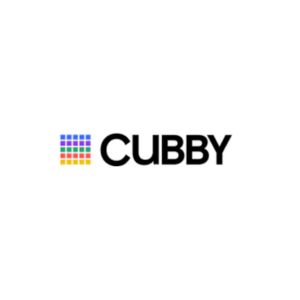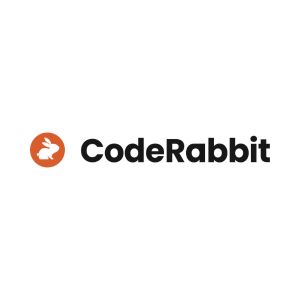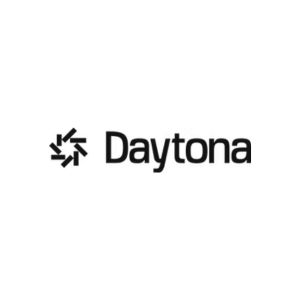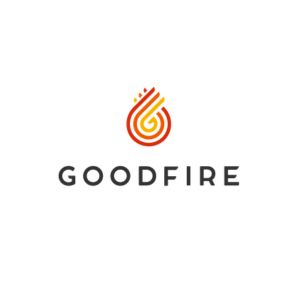Startups & Business News
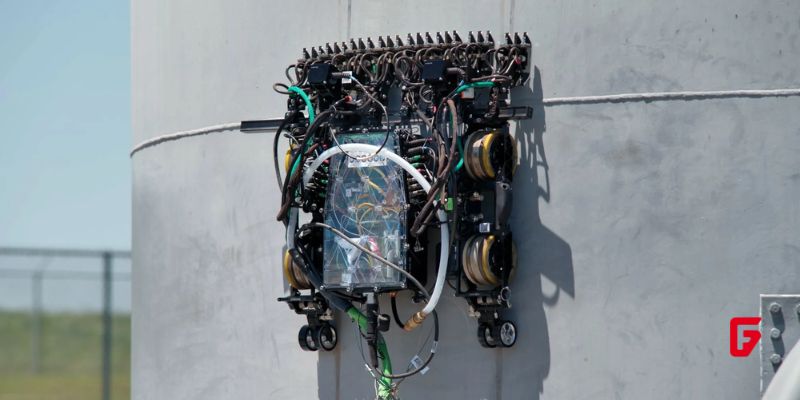
The robotics world just got a major jolt—Gecko Robotics has officially joined the unicorn club after closing a massive $125 million Series D funding round. With a new valuation of $1.25 billion, this Pittsburgh-based startup is now at the forefront of using AI-powered wall-climbing robots to make our critical infrastructure safer and smarter.
From Dorm Room to Billion-Dollar Disruptor
Founded in 2016 by Jake Loosararian and Troy Demmer, Gecko Robotics started as a college project and has evolved into a powerhouse in the infrastructure inspection space. The company’s journey from dorm room beginnings to unicorn status is a testament to the urgent need for innovation in industrial maintenance, where over $100 billion is spent annually—often on risky, manual inspections.
What Makes Gecko’s Robots Different?
Gecko’s robots are designed to climb walls, crawl across surfaces, and collect high-fidelity inspection data from environments that are typically hazardous for humans—think tanks, boilers, refineries, and even Navy warships. Their proprietary AI platform, Cantilever, processes this data and delivers actionable insights, helping clients spot issues before they turn into disasters.
10x faster inspections compared to manual methods.
1,000x more data collected for deeper analysis.
Safer working conditions by keeping humans out of dangerous environments.
Real-World Impact: Defense, Energy, and Beyond
Gecko’s technology isn’t limited to a single sector. Their robots are already being used by the U.S. Navy and defense contractors like L3Harris to inspect military aircraft and ships. In the energy sector, partnerships with giants like NAES and the Abu Dhabi National Oil Company are helping modernize power plants and gas infrastructure globally.
Why Now?
As governments and companies ramp up investment in critical infrastructure, the demand for reliable, data-driven inspection is skyrocketing. Gecko’s approach—combining robotics with AI—addresses a long-standing gap: the lack of quality data about the built world. Their philosophy? In infrastructure, data is guilty until proven innocent—meaning every anomaly is scrutinized to ensure safety and reliability.
What future sectors could benefit most from wall-climbing robot technology
The future sectors poised to benefit most from wall-climbing robot technology are those where safety, efficiency, and access to hard-to-reach areas are critical. Key industries include:
Construction and Building Maintenance
Wall-climbing robots can inspect, clean, and maintain high-rise buildings, bridges, and other tall structures, reducing reliance on scaffolding and minimizing worker risk.Telecommunications
These robots are ideal for inspecting and maintaining communication towers, where manual labor is hazardous and time-consuming.Oil and Gas
Offshore rigs, pipelines, and refineries often require inspections in dangerous environments. Wall-climbing robots can handle tasks like corrosion detection and surface inspections, improving safety and reducing downtime.Energy and Renewable Energy
In solar and wind energy, robots can clean and inspect solar panels and wind turbines, which are often located in hard-to-access areas.Manufacturing and Industrial Facilities
Robots can perform maintenance and inspections in plants, power stations, and factories, especially where equipment is located at heights or in confined spaces.Defense and Public Safety
Military and emergency response teams can use wall-climbing robots for surveillance, reconnaissance, and hazardous environment operations, such as urban warfare or disaster zones.Smart Cities and Urban Infrastructure
As cities grow taller and more complex, robots will be essential for ongoing inspection and maintenance of urban infrastructure, integrating with IoT systems for real-time data and predictive maintenance.Environmental Monitoring and Conservation
Wall-climbing robots can be deployed for environmental monitoring, such as inspecting power lines, monitoring pollution, or supporting wildlife conservation efforts in hard-to-reach habitats.
Emerging trends—such as the integration of AI, IoT, and Industry 4.0 principles—will further expand the use cases for wall-climbing robots, making them indispensable across sectors that demand automation, safety, and cost efficiency.
The Road Ahead
With fresh funding and growing demand, Gecko Robotics is set to accelerate its expansion across defense, energy, and manufacturing. The company’s mission is clear: modernize and safeguard the infrastructure that powers our world—all while keeping human workers out of harm’s way.
The era of AI-powered, wall-climbing robots isn’t just coming—it’s here, and it’s transforming how we think about infrastructure safety, efficiency, and modernization.

futureTEKnow
Editorial Team
futureTEKnow is a leading source for Technology, Startups, and Business News, spotlighting the most innovative companies and breakthrough trends in emerging tech sectors like Artificial Intelligence (AI), Robotics, and the Space Industry.
Discover the companies and startups shaping tomorrow — explore the future of technology today.
Most Popular
Trending Companies
Latest Articles
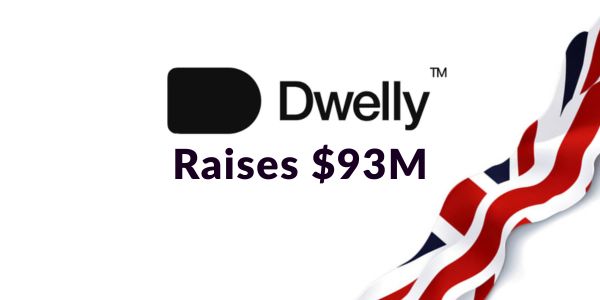
Dwelly Raises $93M to Supercharge AI-Powered UK Rentals Roll-Up
London startup Dwelly just landed $93M to snap up UK rental agencies and inject AI smarts. Founders from Uber and

Encord Raises $60M Series C: Fueling Physical AI Data Wave
Encord just landed $60M in Series C funding to supercharge data tools for physical AI. Founders Eric Landau and Ulrik

Foodforecast Raises €8M Series A to Slash Ultra-Fresh Food Waste with AI
Foodforecast, a Cologne AI foodtech firm, just scored €8M in Series A funding led by SHIFT Invest. Their tools predict

AI-Driven Operational Excellence: How Leaders Scale Ownership, Discipline, and Continuous Improvement in 2026
In 2026, AI scales operational excellence fundamentals—clear ownership, disciplined execution, and continuous improvement—letting leaders focus on outcomes while systems handle

VoiceLine raises €10M to scale voice AI for enterprise frontline teams
Munich-based VoiceLine has closed a €10M Series A round to grow its voice AI platform for frontline sales and service

AI-Driven Logistics & Distribution Transformation: From Insight to Scalable Impact
AI is redefining logistics transformation—from network design to real-time execution. This article explores how data-driven insight, intelligent automation, and scalable
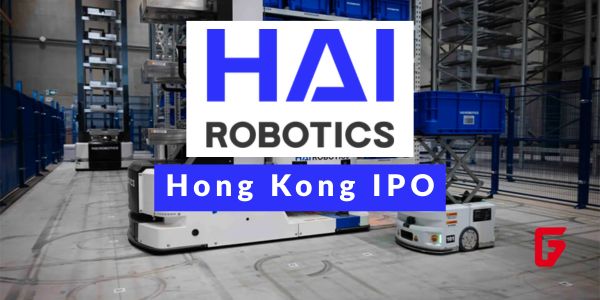
Hai Robotics Hong Kong IPO: From Startup Funding to Warehouse Robot Leader
Shenzhen’s Hai Robotics, pioneer in ACR warehouse robots, files for HK IPO after raising over $500M in funding rounds led

AI-Enabled Process Engineering & Continuous Improvement: Designing Systems That Learn
Explore how AI transforms process engineering and continuous improvement into self-learning systems. This article explains how organizations can design operations
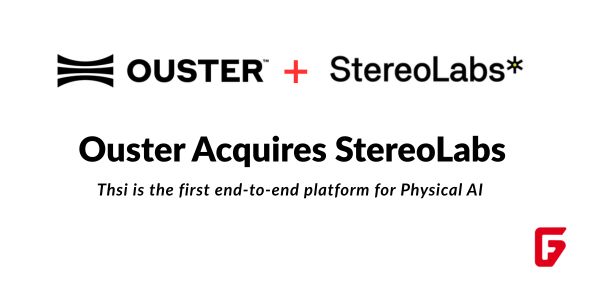
Ouster Acquires StereoLabs: Unified Physical AI Sensing Platform Launches
Ouster’s $35M StereoLabs acquisition fuses lidar and ZED cameras into end-to-end Physical AI sensing. Founders Cecile Schmollgruber and team drive
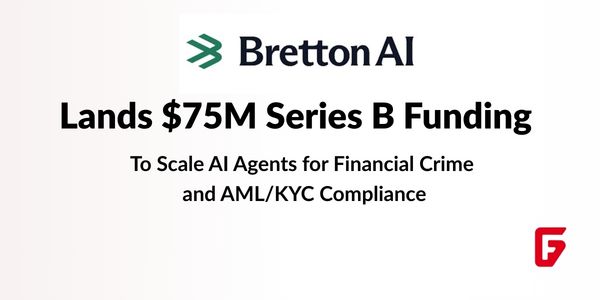
Bretton AI Lands $75M Series B Funding to Scale AI Agents for Financial Crime and AML/KYC Compliance
Bretton AI’s $75M Series B modernizes AML KYC compliance via AI agents, slashing staffing costs for banks and fintechs like

Axiom Space Raises $350M to Build Commercial Space Station and NASA Spacesuits
Axiom Space has locked in a fresh $350M raise to push its commercial space station and NASA lunar spacesuits toward

Santé Raises $7.6M Seed: AI Fintech Revolution for Wine and Liquor Retail
New York startup Santé secures $7.6M seed to build AI-powered POS for liquor stores, tackling regs & inventory woes after
futureTEKnow is focused on identifying and promoting creators, disruptors and innovators, and serving as a vital resource for those interested in the latest advancements in technology.
© 2026 All Rights Reserved.
![Discover the top 10 AI companies in Germany [1st Edition], revolutionizing industries with cutting-edge technology and innovations.](https://futureteknow.com/wp-content/uploads/2025/02/Top-10-AI-Companies-in-Germany-Leading-the-Tech-Revolution-futureTEKnow.jpg)
